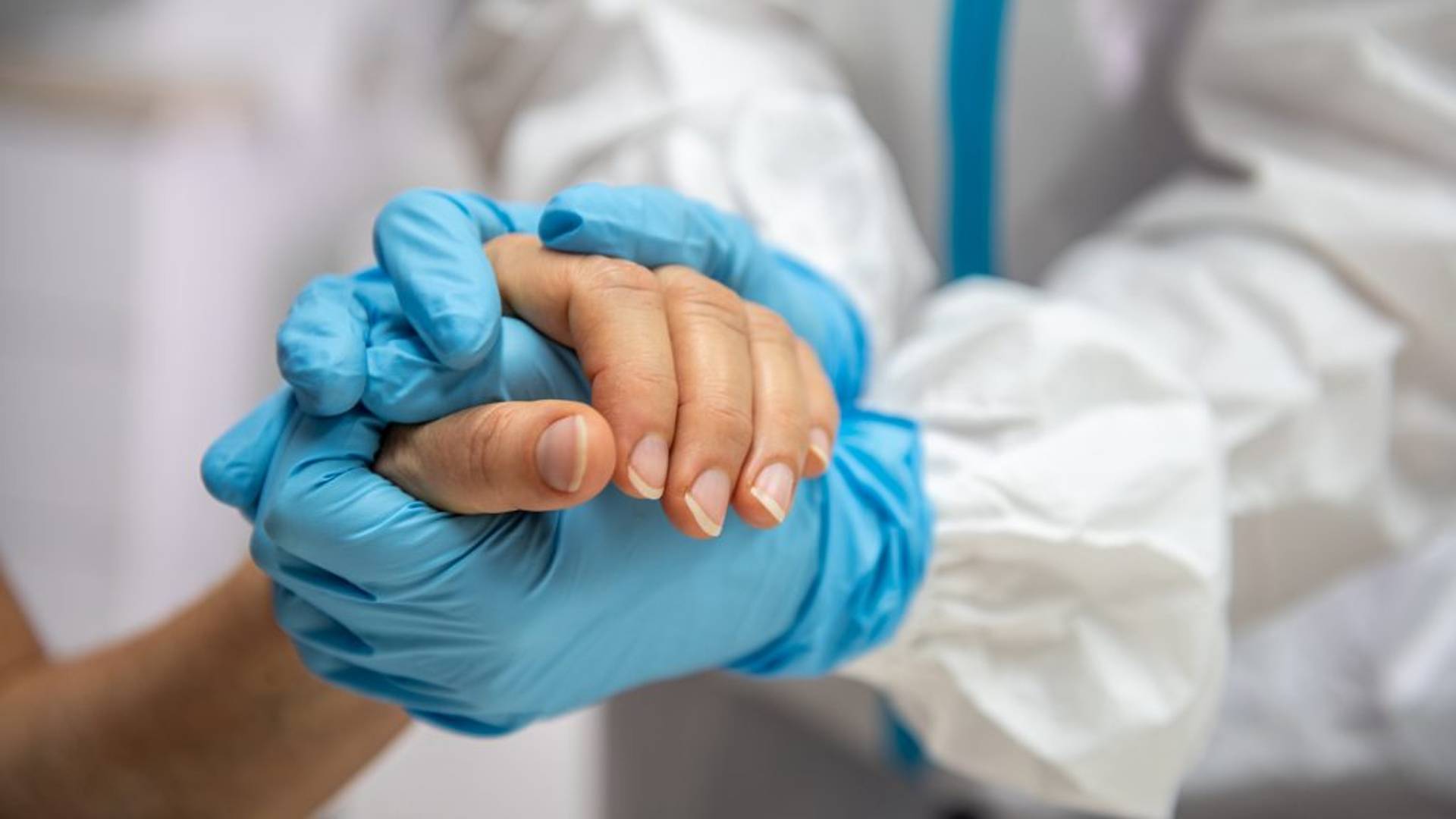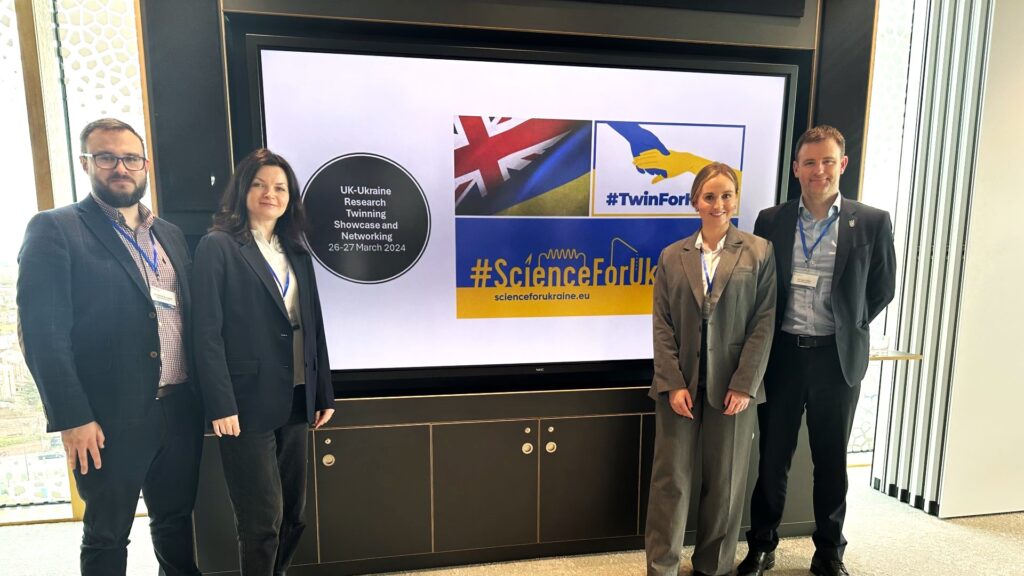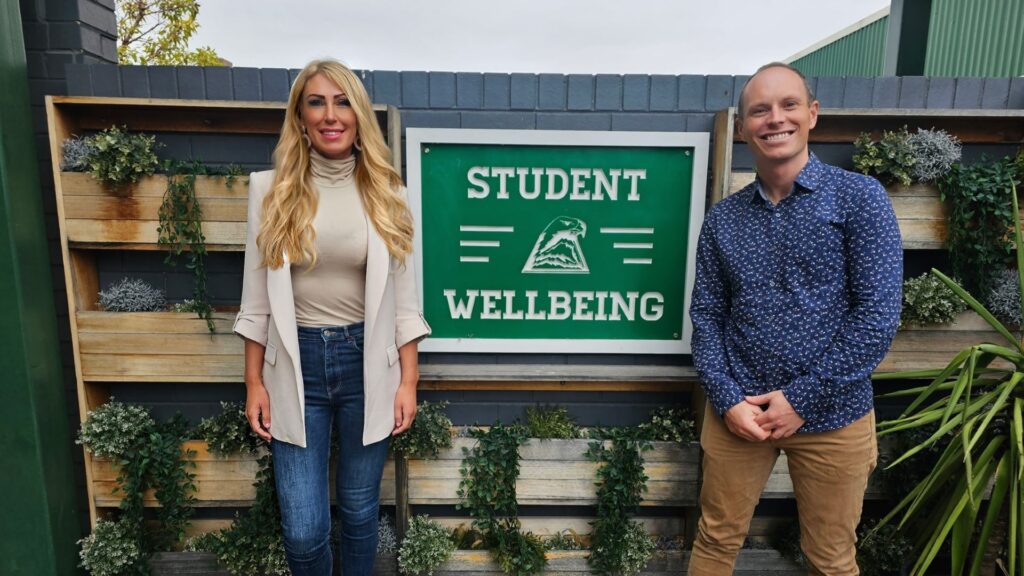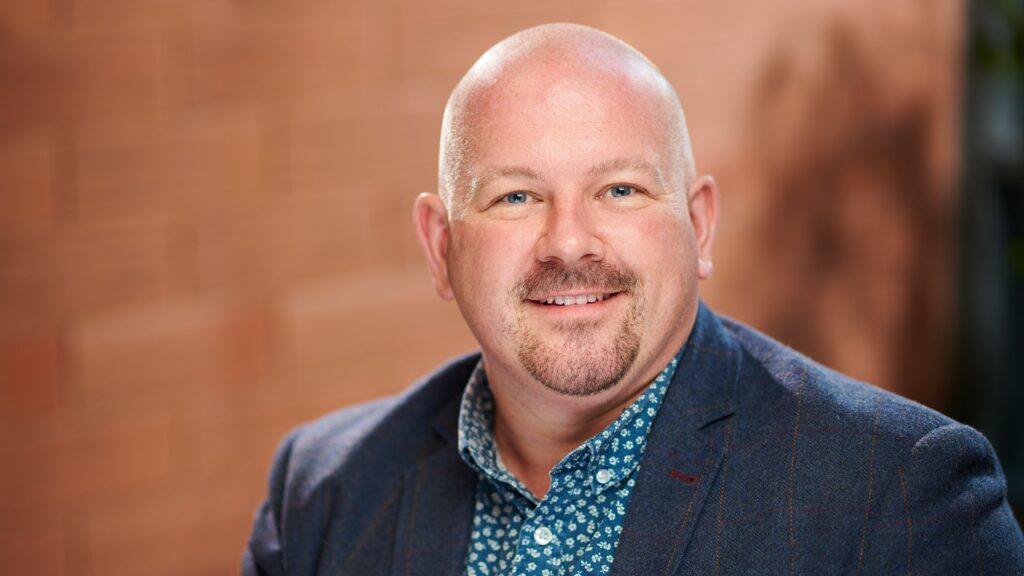Academic and clinical staff from Edge Hill University, Queenscourt Hospice in Southport, The University of Liverpool, Mersey Care NHS Foundation Trust, and Southport and Ormskirk Hospital NHS Trust have been awarded a prestigious grant from the Sir Halley Stewart Trust to conduct a national study researching first-hand experience of spiritual care.
Spiritual care is a source of coping and wellbeing for sick and dying patients, families and friends; the study aims to explore the experiences of each of these groups as well as healthcare staff, including members of hospital Chaplaincy and Spiritual Care Teams, to assess impact.
Dr Karen Groves, Medical & Education Director at Queenscourt Hospice in Southport, said:
“At no time has the need to recognise and meet the spiritual needs of patients and their families been greater, than during the Covid-19 pandemic when each was isolated from the other and the risk to life significant.”
Barbara Jack, Professor of Palliative and End of Life Care at Edge Hill, said:
“We heard stories of what the chaplaincy teams were doing to support patients and families during the pandemic, and the massive impact this had on families. It is important that we capture these experiences and use initiatives that worked to develop future services.”
Rev Martin Abrams, Hospital Chaplain for Southport and Ormskirk Hospital NHS Trust, added:
“As a Spiritual Care and Chaplaincy Team we were privileged to support patients, families and staff during some of the most difficult times of the Covid-19 pandemic.
“The fact Edge Hill University has seen what we do and want to make a study of this is humbling and, looking to the future, it will hopefully provide significantly helpful insights for hospital Spiritual Care and Chaplaincy Teams.”
Professor Jack explained that when the pandemic emerged restrictions to hospital visiting created challenges to providing support for sick or dying patients and their families.
Chaplaincy Teams quickly altered how they worked, often helping patients to talk with families by telephone or video, and being with dying patients when their families could not.
As the pandemic progressed they increasingly helped healthcare staff, supporting their mental health and wellbeing, additionally supporting staff who were grieving for colleagues, their own family members and friends who had died during the pandemic.
There have been many anecdotal accounts that have mentioned how valuable this support has been but it is unclear how teams operationalised their roles during the pandemic and what worked best.
To take part in the study visit https://www.surveymonkey.co.uk/r/chaplaincy22, or find out more at https://bit.ly/ChaplaincySurveyInfo or by emailing [email protected].
The research team includes Professor Barbara Jack and Jennifer Kirton from Edge Hill University and Professor Mari Lloyd-Williams at The University of Liverpool, alongside clinical partners Dr Karen Groves from Queenscourt Hospice, Dr Dominic Bray from Clinical Psychology Services at Mersey Care NHS Foundation Trust and the Rev Martin Abrams at Southport and Ormskirk Hospital NHS Trust.
May 18, 2022



